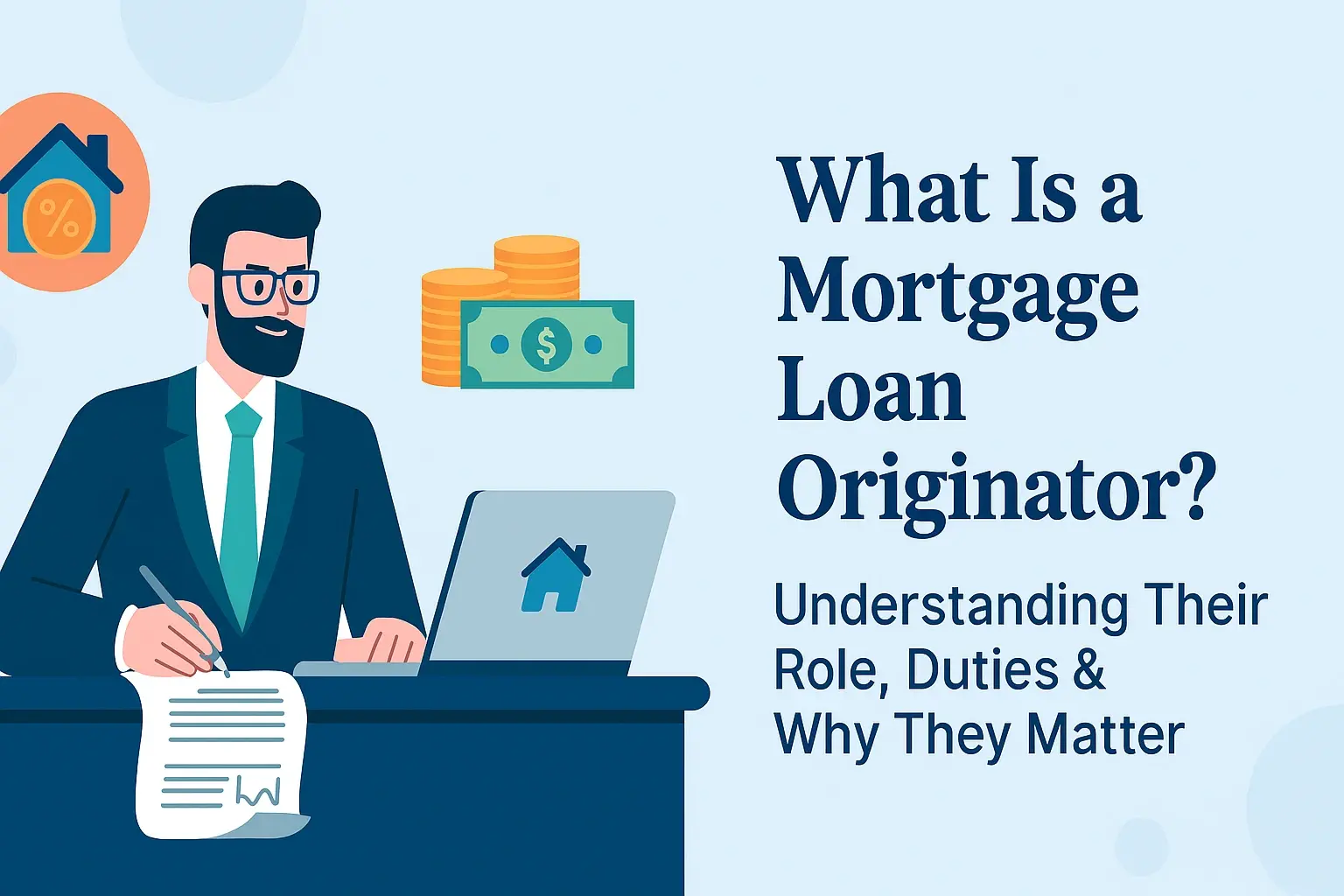-
Posted on: 25 Jul 2024

-
A credit score of 550 falls within the "poor" or "very poor" range according to most credit scoring models. This can make it difficult to get approved for loans, credit cards, and even apartments. It can also lead to higher interest rates and insurance premiums. However, it's absolutely possible to recover from a 550 credit score with the right strategies and dedication. This comprehensive guide will walk you through the steps you can take to rebuild your credit and achieve your financial goals.
Understanding Your Credit Score
Before you can start rebuilding your credit, it's crucial to understand what a credit score is and how it's calculated. A credit score is a three-digit number that represents your creditworthiness. Lenders use this score to assess the risk of lending you money. The higher your score, the lower the risk, and the more likely you are to be approved for credit at favorable terms.
Factors Affecting Your Credit Score
The most common credit scoring model is FICO, and it considers several factors when calculating your score. Understanding these factors is key to improving your credit:
- Payment History (35%): This is the most important factor. Paying your bills on time, every time, is crucial. Late payments, even by a few days, can negatively impact your score.
- Amounts Owed (30%): This refers to the amount of debt you owe compared to your available credit. Keeping your credit utilization low (ideally below 30%) is important.
- Length of Credit History (15%): The longer your credit accounts have been open and in good standing, the better.
- Credit Mix (10%): Having a mix of different types of credit (e.g., credit cards, loans) can positively impact your score, but only if managed responsibly.
- New Credit (10%): Opening too many new credit accounts in a short period can lower your score.
Assessing the Damage: Obtain Your Credit Report
The first step in rebuilding your credit is to understand exactly what's contributing to your low score. Obtain copies of your credit reports from all three major credit bureaus: Equifax, Experian, and TransUnion. You're entitled to a free credit report from each bureau annually through AnnualCreditReport.com.
Reviewing Your Credit Report
Carefully review each credit report for the following:
- Incorrect Information: Look for errors such as incorrect account balances, late payments reported in error, or accounts that don't belong to you.
- Negative Items: Identify any negative items, such as late payments, collections accounts, charge-offs, or bankruptcies.
- Account Status: Check the status of each account (e.g., open, closed, current, delinquent).
- Creditor Information: Verify the names and contact information of your creditors.
Disputing Errors on Your Credit Report
If you find any errors on your credit report, dispute them with the credit bureaus immediately. You can typically do this online, by mail, or by phone. The credit bureau is required to investigate the dispute within 30 days. If the error is verified, they must correct or remove it from your report.
How to File a Dispute
- Gather Evidence: Collect any documents that support your claim, such as payment records, account statements, or letters from creditors.
- Write a Dispute Letter: Clearly explain the error and why you believe it's incorrect. Include copies of your supporting documents.
- Send the Dispute Letter: Send the dispute letter to the credit bureau by certified mail with return receipt requested, so you have proof that they received it.
- Follow Up: After 30 days, follow up with the credit bureau to check on the status of your dispute.
Strategies to Rebuild Your Credit
Once you've addressed any errors on your credit report, you can start implementing strategies to rebuild your credit. This is a gradual process that requires patience and discipline.
1. Make On-Time Payments
Payment history is the most important factor in your credit score, so making on-time payments is crucial. Set up automatic payments or reminders to ensure you never miss a due date. Even one late payment can negatively impact your score. Prioritize paying down debt, particularly high-interest debt, as this will improve your credit utilization ratio.
2. Lower Your Credit Utilization Ratio
Your credit utilization ratio is the amount of credit you're using compared to your total available credit. Aim to keep your utilization below 30%. For example, if you have a credit card with a $1,000 limit, try to keep your balance below $300. The lower, the better. Paying down your balances regularly, even if it's just a little each month, can make a significant difference.
3. Consider a Secured Credit Card
A secured credit card is a credit card that requires a security deposit. The deposit typically acts as your credit limit. Secured credit cards are a great option for people with bad credit because they're easier to get approved for. By using a secured credit card responsibly and making on-time payments, you can start to rebuild your credit.
Choosing a Secured Credit Card
- Look for low fees: Avoid secured credit cards with high annual fees or other hidden charges.
- Check the reporting policies: Ensure that the card issuer reports to all three major credit bureaus.
- Consider the graduation options: Some secured credit cards allow you to graduate to an unsecured card after a period of responsible use.
4. Become an Authorized User
If you have a friend or family member with good credit, ask them if you can become an authorized user on their credit card. As an authorized user, you'll be able to use the card, and the account's payment history will be reported to your credit report. This can help you build credit, but be sure the primary cardholder has a good payment history, as their mistakes can also negatively affect your score.
5. Credit-Builder Loans
Credit-builder loans are designed to help people with little or no credit history establish a positive payment record. With these loans, you make payments over a set period, and the lender reports your payment activity to the credit bureaus. The funds borrowed are usually held in a secured account until the loan is repaid, after which they are released to you.
6. Avoid Applying for Too Much Credit
Each time you apply for credit, a hard inquiry is made on your credit report. Too many hard inquiries in a short period can lower your score. Only apply for credit when you truly need it.
7. Monitor Your Credit Regularly
Continue to monitor your credit reports regularly to ensure that your rebuilding efforts are paying off and to identify any new errors or negative items. You can use free credit monitoring services offered by many credit card issuers and financial institutions.
8. Debt Management Plan (DMP)
If you have significant debt, consider working with a credit counseling agency to develop a debt management plan (DMP). A DMP is a structured repayment plan that can help you pay off your debts at a lower interest rate. It can also provide you with valuable financial education and budgeting assistance. Look for non-profit credit counseling agencies to ensure you're getting unbiased advice.
9. Patience and Consistency
Rebuilding your credit is a marathon, not a sprint. It takes time and consistency to see results. Don't get discouraged if you don't see immediate improvements. Keep making on-time payments, keeping your credit utilization low, and monitoring your credit reports. Over time, your credit score will improve.
10. Address the Root Causes of Your Credit Problems
Reflect on the factors that contributed to your poor credit score in the first place. Were there financial difficulties? Poor budgeting habits? Addressing these underlying issues is essential for long-term financial health. Consider creating a budget, seeking financial education, or consulting with a financial advisor to develop better financial habits.
How Long Will It Take to Rebuild My Credit?
The amount of time it takes to rebuild your credit depends on several factors, including the severity of your credit problems, your dedication to rebuilding your credit, and the strategies you implement. It could take anywhere from several months to a few years to see significant improvements. Consistently practicing good credit habits is key to achieving long-term success.
Realistic Expectations
Don't expect to go from a 550 credit score to an 800 overnight. Focus on making steady progress and celebrating small victories along the way. Each positive action you take, such as paying a bill on time or lowering your credit utilization, will contribute to your overall credit score.
Benefits of a Good Credit Score
Rebuilding your credit is worth the effort because it opens doors to many financial benefits, including:
- Lower Interest Rates: You'll qualify for lower interest rates on loans, credit cards, and mortgages, saving you money over the long term.
- Better Loan Terms: You'll have access to more favorable loan terms, such as longer repayment periods and lower fees.
- Higher Credit Limits: You'll be able to get higher credit limits on your credit cards, which can improve your credit utilization ratio.
- Easier Approval for Loans and Credit Cards: You'll have a higher chance of getting approved for loans and credit cards.
- Lower Insurance Premiums: Your credit score can affect your insurance premiums, such as auto and homeowners insurance.
- Easier Approval for Apartments: Landlords often check credit scores when evaluating rental applications.
- Better Job Opportunities: Some employers check credit scores as part of the hiring process.
When to Seek Professional Help
If you're struggling to rebuild your credit on your own, consider seeking professional help from a credit counseling agency or a financial advisor. They can provide you with personalized advice and guidance to help you achieve your financial goals. Be wary of credit repair companies that promise quick fixes, as these are often scams.











